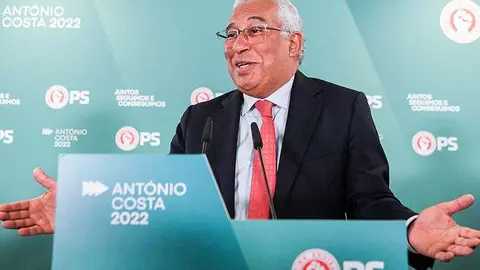Senegal reaffirms before the UN its support for Morocco's autonomy plan for Western Sahara

Senegal once again showed its firm support for the autonomy plan for Western Sahara put forward by Morocco as the most appropriate solution to end the regional political conflict that has lasted for more than four decades.
The Senegalese country took part in the UN Committee of 24 in Bali and indicated that the Moroccan autonomy plan remains the "appropriate framework" for resolving the regional Saharawi dispute. The Senegalese representative present at the conclave stated that the Kingdom's proposal presented in 2007 respects international law and the resolutions of the United Nations. The Committee of 24 is the main UN body dealing with decolonisation, and the issue of Western Sahara was discussed at this meeting, where the problem continues to persist more than four decades after Spain's departure from the area as the former colonising power.
This political move by the African country follows in the footsteps of many other major nations' support for Morocco's autonomy plan as the most serious, credible and realistic alternative for resolving the situation in Western Sahara.

The North African country proposes a broad autonomy for Western Sahara under Moroccan sovereignty, respecting UN postulates and resolutions. Morocco's intention with its so-called Southern Provinces is to develop the region politically, socially and economically through a structured development plan for the benefit of the local population.
In opposition to the North African country's proposal is the Polisario Front's initiative, which advocates holding a referendum on independence for the Saharawi people, which is difficult to achieve due to census problems and other issues, according to various analysts, and which has less international backing, particularly the support of Algeria, Morocco's great political rival in the Maghreb, especially following Algeria's decision to break off diplomatic relations with its neighbour, which it accused of hostile acts, and also due to profound political differences on issues such as Western Sahara.

On the other hand, the role of the Polisario Front and its Algerian ally in the treatment of Sahrawi refugees in camps set up in Algeria, such as Tindouf, is also questioned. Living conditions there are difficult, as Staffan de Mistura, the UN special envoy for Western Sahara, who also recently held talks with the parties involved in the case to bring them closer together and to submit a detailed report to UN Secretary General António Guterres, noted during recent visits. In April, De Mistura held informal bilateral consultations with representatives of Algeria, Mauritania and members of the "Group of Friends", including Spain, the United States, Russia, the United Kingdom and France, i.e. with all parties involved in the Saharawi issue, and conveyed his impressions to Guterres.
Referring to the figure of Staffan de Mistura, the Senegalese representative with the UN Committee of 24 underlined the efforts of the UN envoy for Western Sahara to promote the political dialogue which has been stalled until now. Senegal continues to show its support for a just, lasting and mutually acceptable political solution respecting the UN resolutions, as was made clear.

The Senegalese representative also praised the "significant" progress made by Morocco in the area of Western Sahara through social and economic promotion measures. "These efforts have finally convinced the Kingdom of Morocco of its desire to definitively resolve this dispute," he said, noting that, in support of this policy, Senegal inaugurated, on 5 April 2021, its consulate general in Dakhla, as reported by Le Matin.
Several nations, around thirty, have shown their strategy of opening consulates around Western Sahara, in the enclaves of Dakhla and Laayoune, to promote territorial development, which demonstrates support for Morocco on the Saharawi question.









